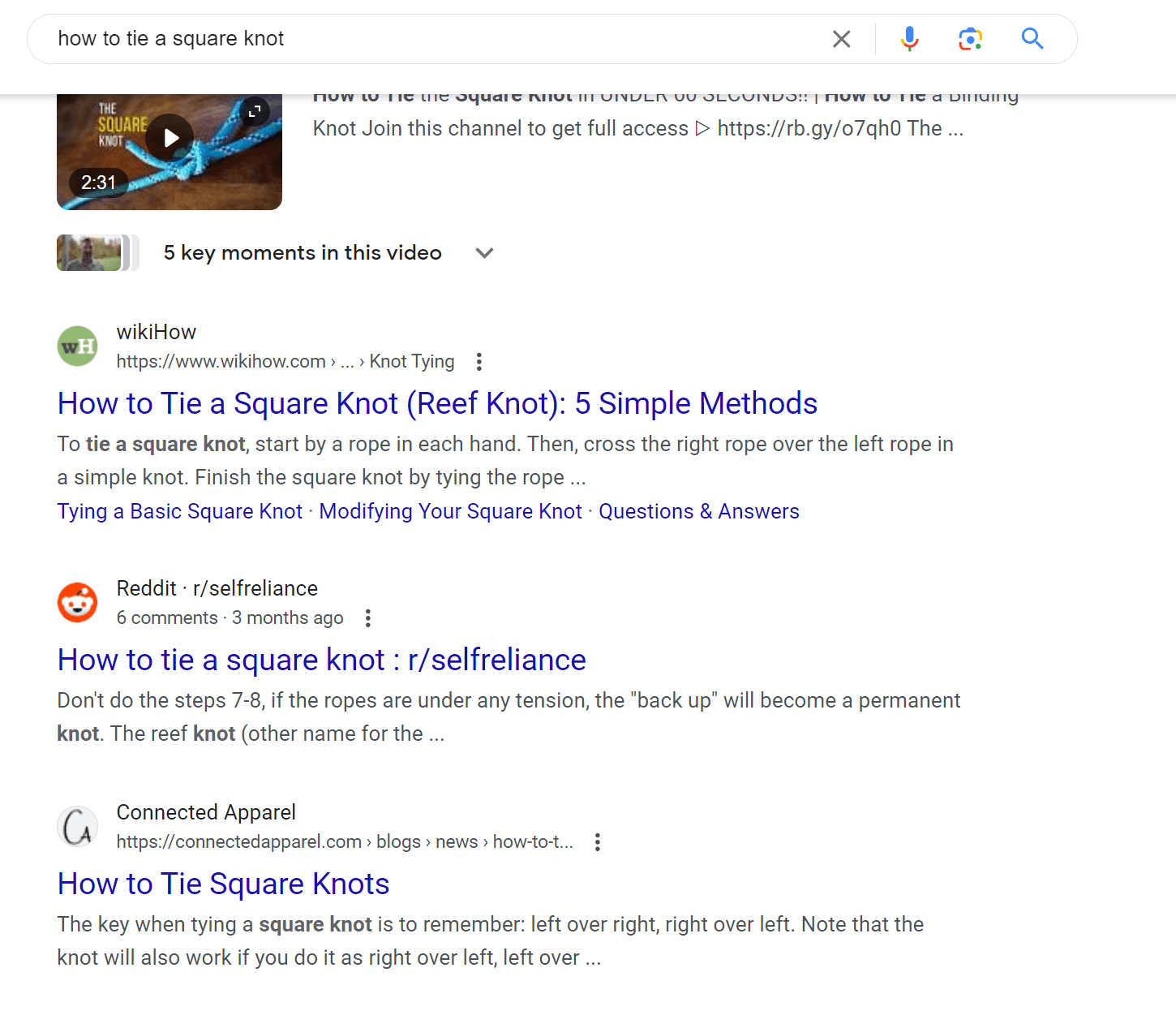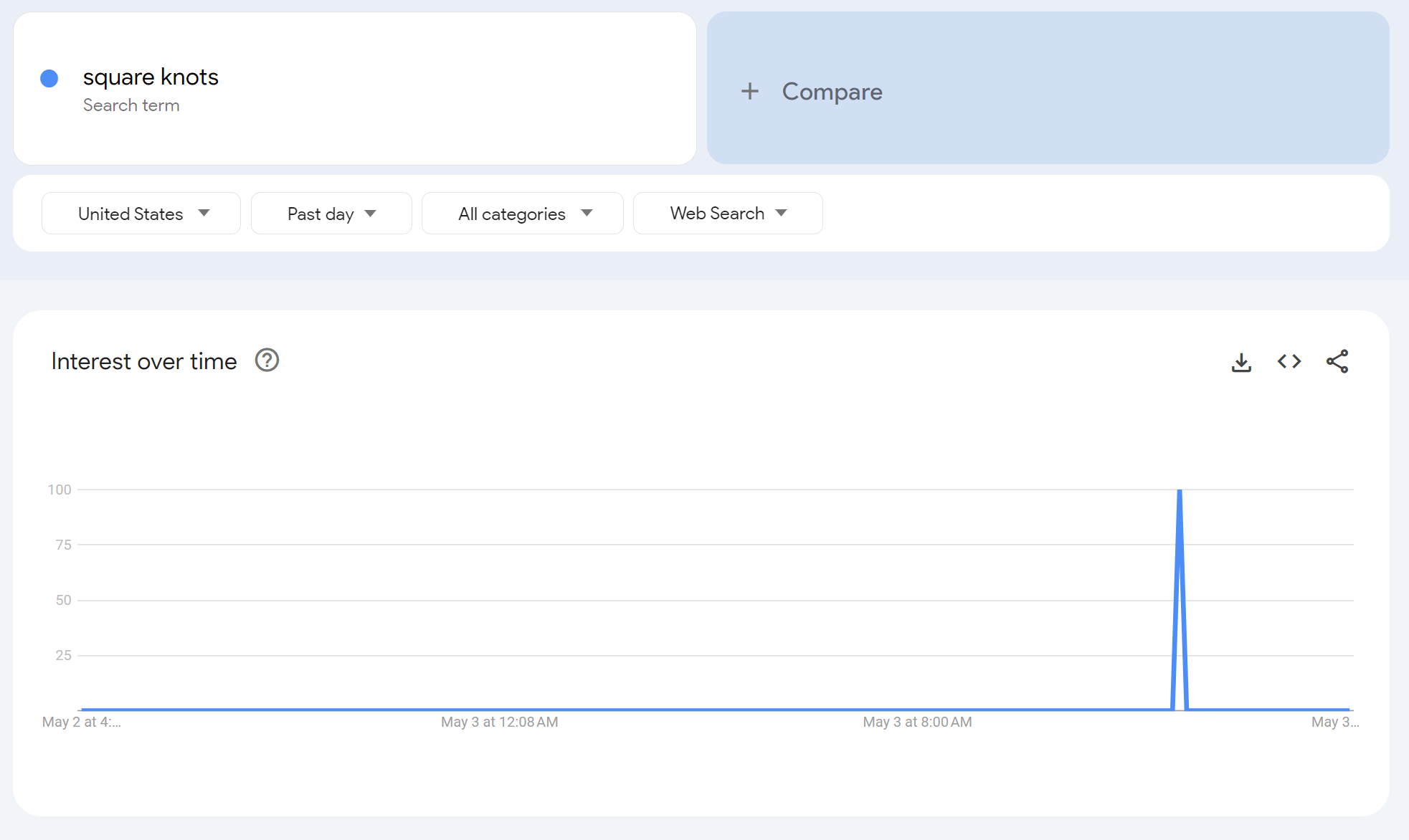Keywords — if you work with search engine optimization (SEO) or know anything about it, you’ve probably heard that term more than once. Keywords significantly affect where your website’s content ranks in search engine results pages (SERPs).
Learn more about keyword ranking and how you can utilize strategies to help your website gain more traffic and rank high on SERPs.
What is keyword ranking?
Keyword ranking refers to the spot a website holds in search results based on specific keywords, or words or phrases used during search queries. When websites focus on their keyword rankings, they implement on-page SEO practices like keyword research to help target audiences by using specific terms or phrases in content to help websites rank in search engines.

On-page SEO is the overall process of optimizing website content for users and search engines. It is the primary way to rank in SERPs and to do it well.
Why is keyword ranking important in SEO?
Keyword ranking is a pivotal way for websites to gain organic search traffic. By including certain keywords in sales copy, blog posts, product descriptions, and any other website copy, businesses have more chances of promoting their expertise, products, and services because their pages show high in search results for the specific keywords.
If your business provides a solution for consumers, you want to make sure your website pops up as one of the top results when people search for a product or service. By optimizing copy for search engines and keyword rankings, your website could have more organic click-through rates — and with higher click-through rates, you have more conversion opportunities.
Taking advantage of keyword ranking practices and using them throughout your entire website can help grow your business and increase sales.
How to optimize keywords for SERP rankings
The great thing about keyword rankings is that you can try to rank for multiple ones over various pages, giving you more chances to gain prospective customers. Use the following strategies to improve your keyword rankings.
1. Conduct keyword research
You must start with keyword research to optimize your pages for keyword ranking. Learn what your target audience is frequently searching to choose relevant keywords to include in your content. You can use keyword research tools, like Semrush or Google Trends, to assist you in finding the right ones to focus on.
Consider the following when determining which keywords to use:
Search volume
Researching the search volume of certain phrases or words can help you determine which ones to use. The search volume shows how often users search for a keyword within a period. It can reveal if a specific keyword is popular and competitive. If it is, you can create content surrounding it and have more certainty that the word will increase traffic to your site.

Keyword difficulty
Keyword difficulty measures the estimated difficulty of a specific keyword’s organic ranking based on its competitiveness. The metric indicates which keywords are more realistic to rank for. Using keyword difficulty measurements in conjunction with search volume can provide valuable insights to help you decide which keywords you will target.
Search intent
Another consideration is the “why” behind users’ search queries. Why are they typing in specific keywords to find the answers they seek? A user’s intent, or search intent, is why a user types particular queries into a search engine. Types of search intent include:
- Commercial
- Informational
- Navigational
- Transactional
Knowing the search intent can help you develop a more effective content strategy to better focus on the keywords and align with the target audience’s needs. Creating more relevant content shows search engines that it is valuable to users, helping the pages rank higher in search results.
Competitor keywords
It is also valuable to look into your competitors’ keywords to see how they use them. Understanding your competitors helps you create content that competes with theirs and could outperform them. You could also use the information to learn about parts of your current SEO strategy that need improvement.
Through competitor keyword analysis, you may also find similar keywords to target that are relevant to the primary one or ones that you have yet to try targeting. (Hint: The SEO.com app can help you streamline this process!)
2. Place keywords strategically within content
Once you have the keywords you plan to use based on the topics you come up with for content, you can strategically place them within the copy. Use keywords a few times throughout the copy to help influence the rankings.

Some best practices include:
- Using the primary keyword within the first 100 words of the article.
- Including the keyword in the call to action (CTA) paragraph.
- Incorporating keywords naturally into the copy.
While you want to use keywords effectively to get your pages ranking higher in SERPs, it’s important to avoid keyword stuffing. This is when you overuse keywords in an attempt to influence your rankings. Having too many keywords within a piece — especially when used close together — affects the content’s readability, which could make visitors switch to a different website.
Create a balance depending on how many words are planned for a piece of content to ensure adequate keyword density. For example, if your piece has 5000 words, you could use keywords around every 100–150 words to ensure they get appropriately used while dodging keyword stuffing.
3. Optimize other parts of content
Using keywords in other parts of your website content besides the main body copy can also help with your keyword ranking practices. Consider placing keywords in:
The more places you can insert keywords without them being too repetitive or overwhelming, the better your chances of ranking in SERPs.
Improve your keyword rankings with SEO.com
Now that you understand more about keyword rankings and their importance for your business, it’s time to take action. With SEO.com, you’ll have access to the essentials you need to do SEO yourself, from tracking keyword rankings to evaluating competitors.
Try SEO.com for free today to start improving your keyword rankings!
Discover Your SEO Potential
Pinpoint opportunities on your website faster and increase your visibility online with SEO.com!

Writers

Related Resources
- What is Google Analytics?
- What is Google Local Pack? (And How to Rank for It)
- What is Google Trends?
- What is Keyword Difficulty? (And How to Use Keyword Difficulty for SEO)
- What is Keyword Stuffing? (And Why It’s Bad News for SEO)
- What is Link Building? Your Guide to Quality Link Building
- What is Robots.txt and How Do I Implement It?
- What is Search Intent? + How to Determine It
- What is SEO?


